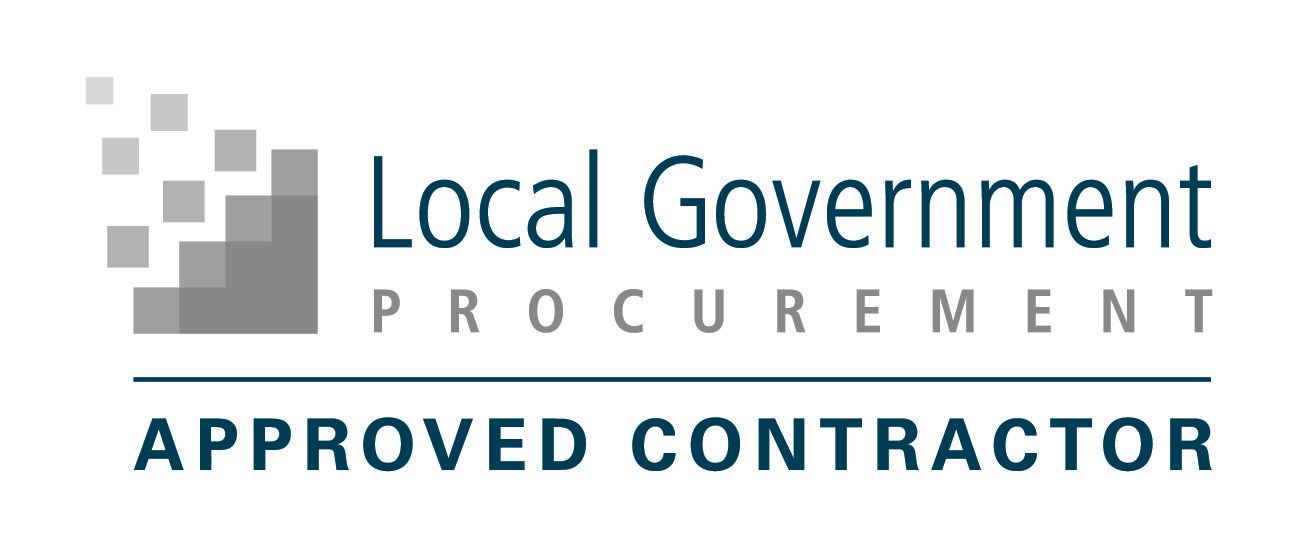Top Sydney digital marketing trends in 2021
Steven Kleina
Digital marketing is a rapidly changing field, but even in rapidly changing fields there are important trends present. So, without further ado, here are our top digital marketing trends for 2021. Understanding them and how to make them work for you will put your business in good stead for the remainder of 2021 and beyond.
Tracking protocol changes: The death of cookie tracking
Apple’s iOS 14.5 software update for iPhones, which launched in April of this year, includes an App Tracking Transparency feature, whose default setting doesn’t permit apps installed on iPhones to use your data for targeted ads. It also doesn’t permit sharing of your location data with advertisers or sharing your advertising ID or any other identifiers with third parties.
However, tracking won’t simply disappear, as Google Analytics’ GA4 is now capable of gathering data without cookies by using machine learning, a method of data analysis that automates analytical model building. This enables Google Analytics to gather certain marketing insights, such as the possibility of customers making a purchase and behavioural reporting in Google Analytics – all without the need for tracking via cookies.
“Google Analytics GA4 is now capable of gathering data without cookies by using machine learning.”
SEO, Google’s Search Quality Rater Guidelines, and E-A-T
Expertise, authoritativeness, and trustworthiness – the three key ingredients for credibility. Together, they form E-A-T, and are critically important when it comes to Google’s Search Quality Rater Guidelines. Google rates expertise, authoritativeness, and trustworthiness highly when determining which webpages to serve users on search engine results pages (SERPS).
In the eyes of Google’s bots:
- Expertise means a high level of knowledge or skill in a particular field and is evaluated mainly at a content-level.
- Authoritativeness is all about reputation, particularly among other experts and influencers in your industry. It’s when others see your website as the go-to source of information about a topic.
- Trustworthiness is about the legitimacy, transparency, and accuracy of the website. This includes having things like contact information, content accuracy, and reputable sources.
93% of all online interactions start with a search engine. So, as much as possible, ensure that everything you publish on your company website and social pages demonstrates your expertise, authoritativeness, and trustworthiness.
Google’s Core Web Vitals and desktop users
Core Web Vitals are the specific factors Google considers important in a webpage’s overall
user experience. They focus on the performance, responsiveness, and visual stability of a webpage, and together they influence the “page experience” UX score Google gives every webpage.
“Ensure that everything you publish on your company website and social pages demonstrates your expertise, authoritativeness, and trustworthiness.”
At Google I/O, Google’s annual developer conference, in late-May, Google announced that performance improvements from optimising Core Web Vitals will soon not only benefit mobile rankings but will also soon also impact search rankings for desktop users.
So, regardless of whether your website is getting most of its traffic from mobile or desktop users, ensuring that your core web vitals are sound is now more important than ever for organic traffic.
Google’s Knowledge Graph & your SEO strategy
The Google Knowledge Graph is a knowledge base of entities and the relationships between them. “Entities” may include tangibles (people, places, and organisations), and intangibles (colours, concepts, and feelings).
So, what do Google Knowledge Graphs have to do with organic search and your SEO strategy? Well, the Google Knowledge Graph serves both users (who get more relevant search results) and marketers (who can use it to entice more traffic to their site). Google Knowledge Graphs return more relevant search results by enabling Google to:
- better understanding search intent;
- better accommodate voice searches; and
- provide more brand visibility and authority in the search results it serves.
Here are a few technical SEO activities and other actions you can take that will help improve the chances of your SME business getting mentioned in a Google Knowledge Graph:
- use schema markup on your site to structure your data;
- create a Google My Business profile for your business;
- create a wikidata.org entry;
- Be consistent in your online presence, including your content, and branding.
At Icon, our in-house digital marketing experts work tirelessly to create and optimise ongoing digital campaigns that ensure your business is easy to find online. Get a FREE digital marketing audit and learn how to grow your business.
KEEP IN TOUCH


Ready to talk?
Let's start that project! We’d love to hear from you. Simply send us a message via the request form and we’ll get back to you as soon as we can.
Contact Us - Footer
We will get back to you as soon as possible.
Please try again later.













